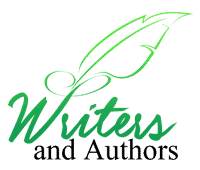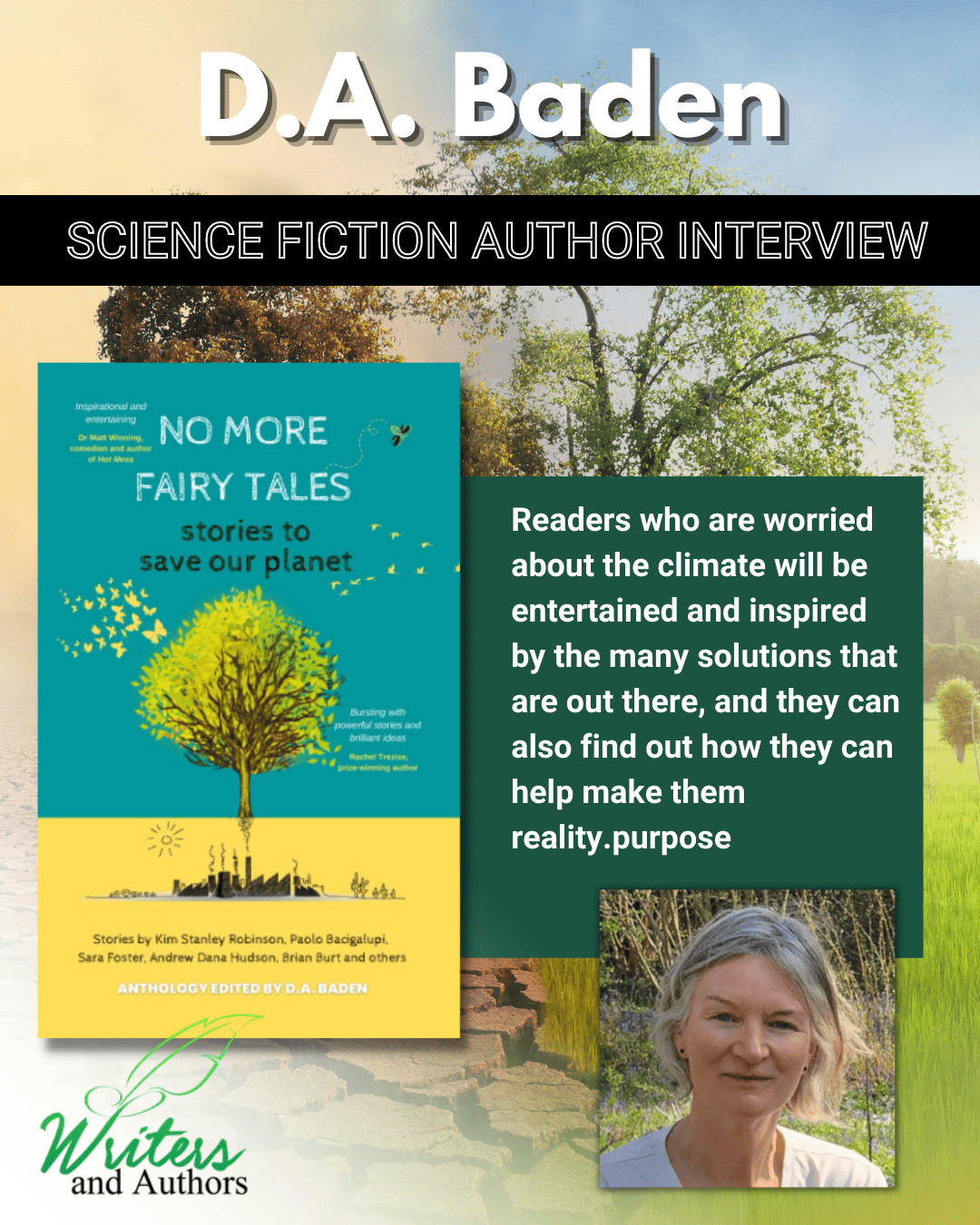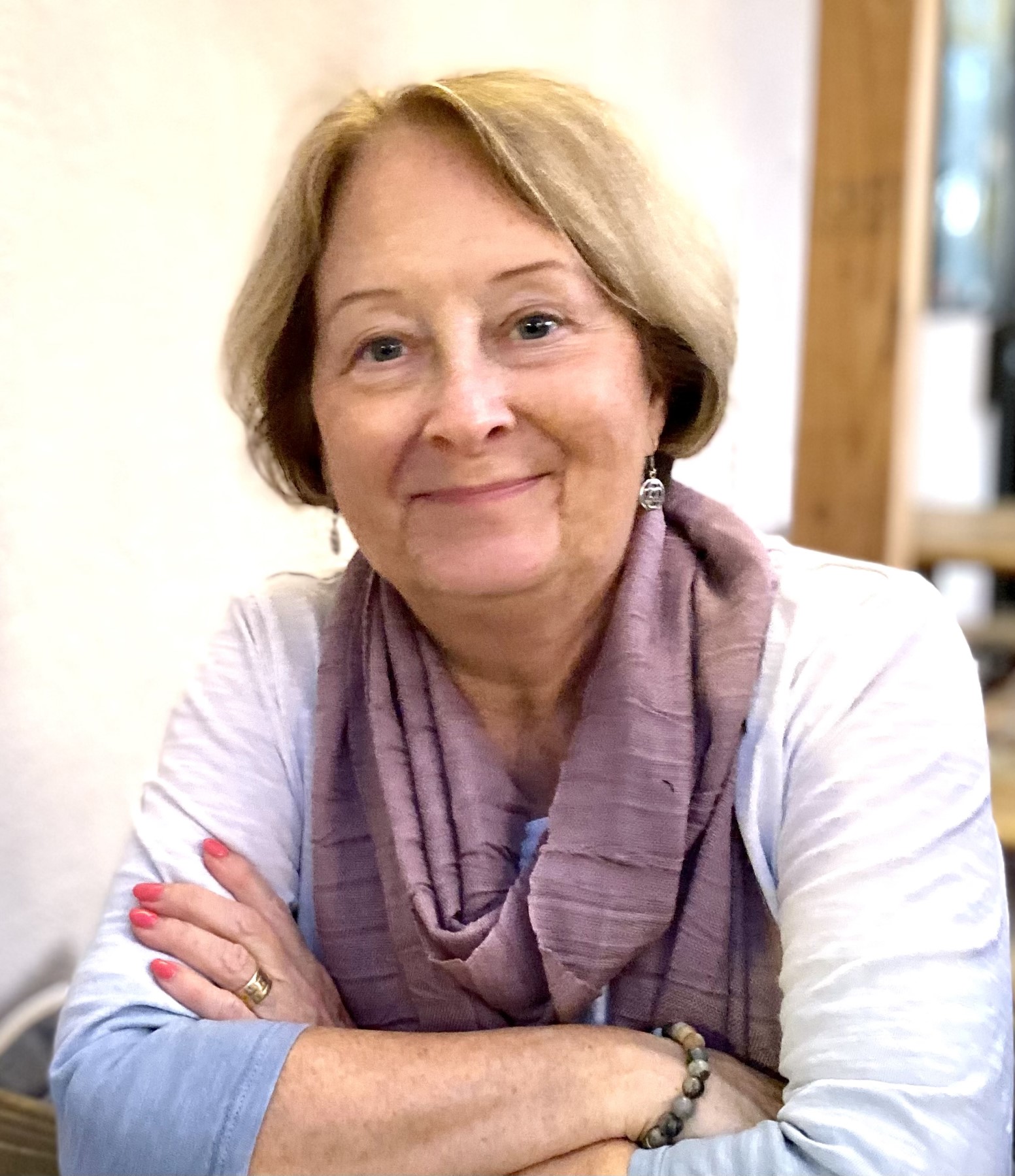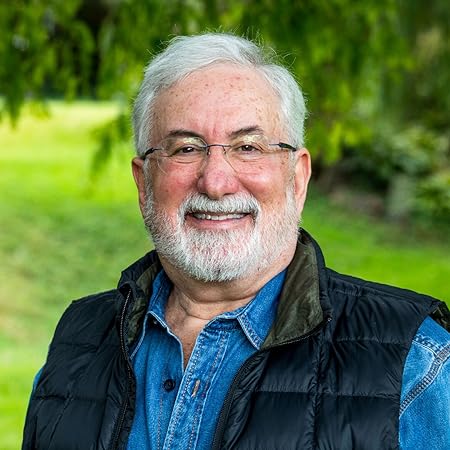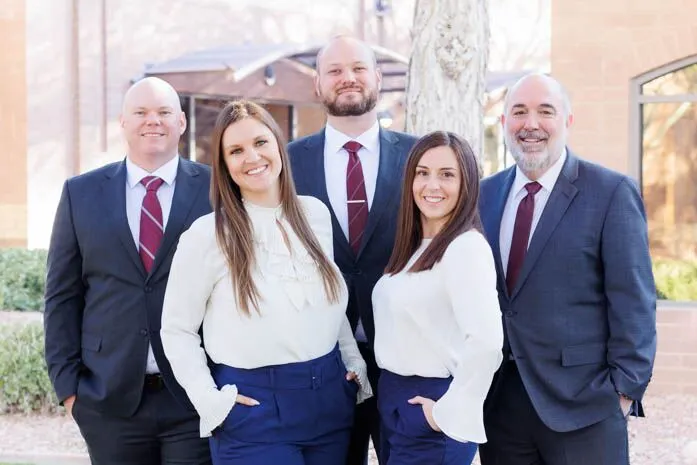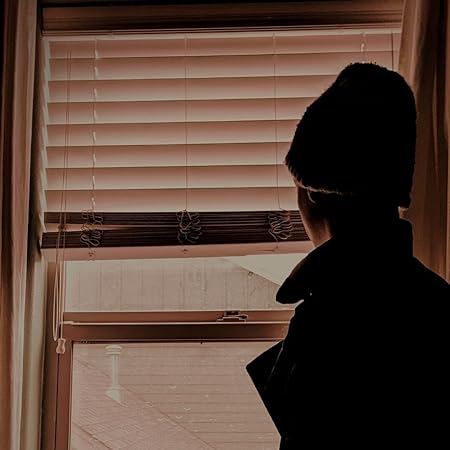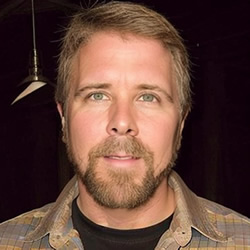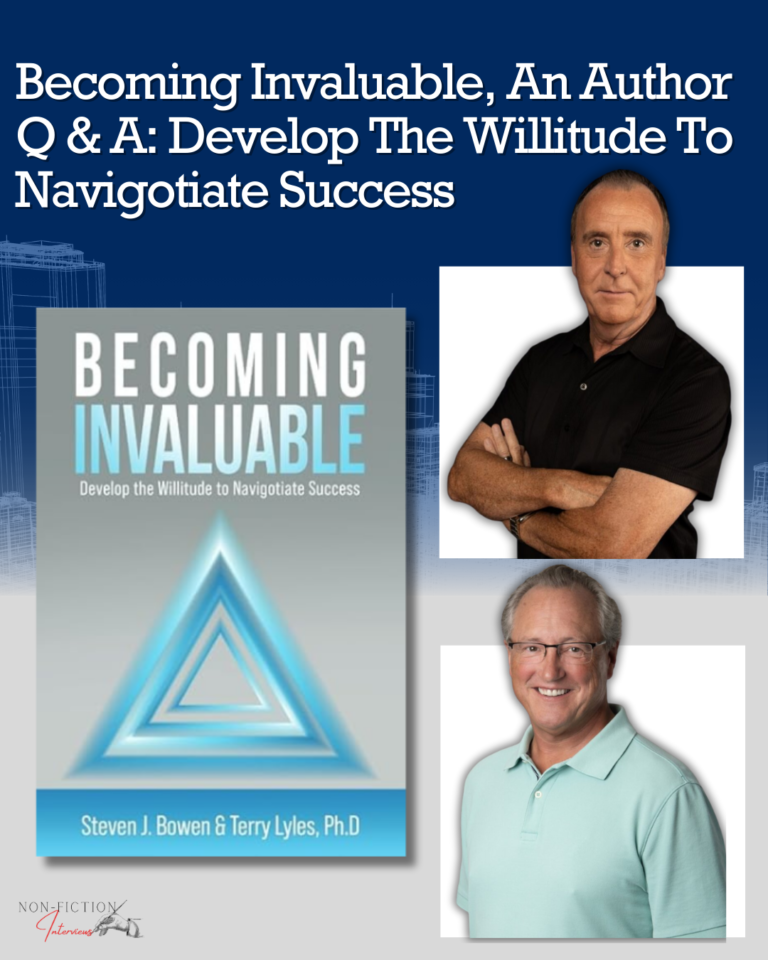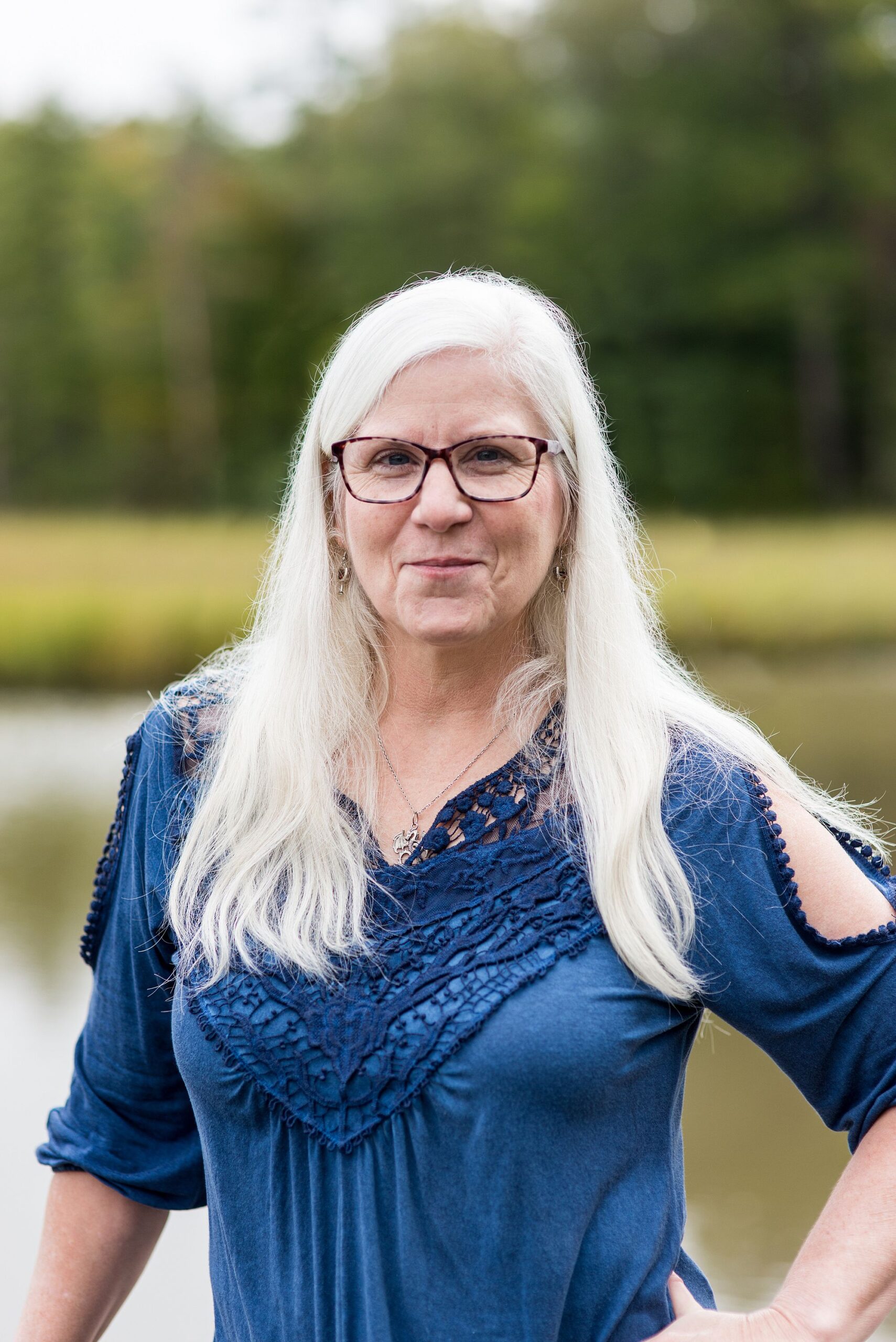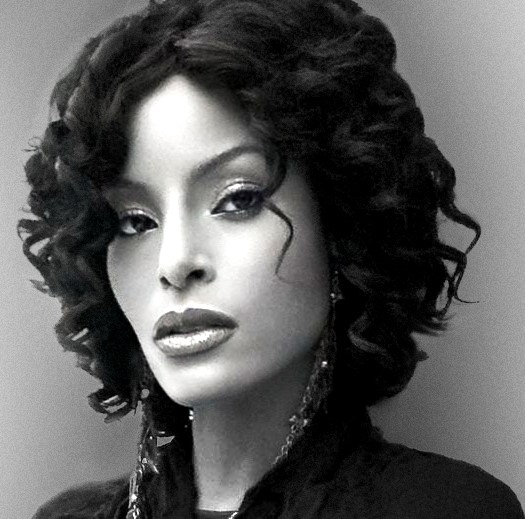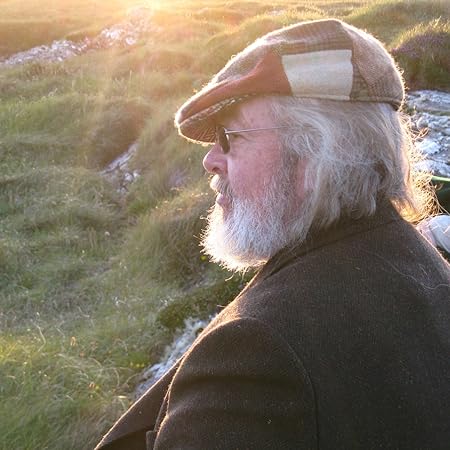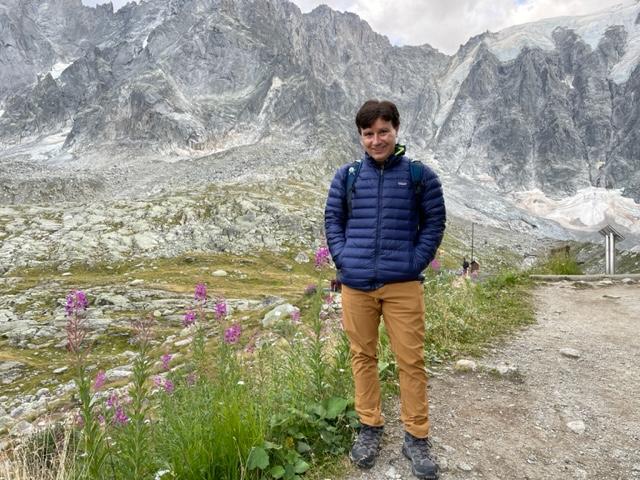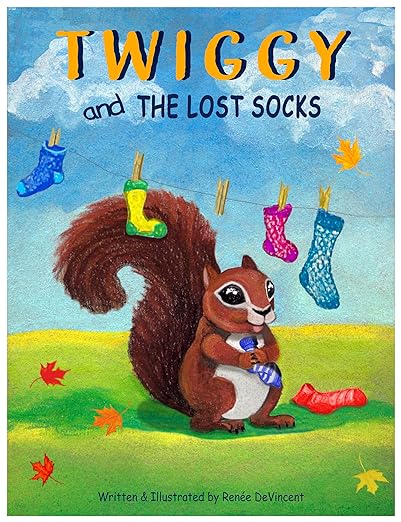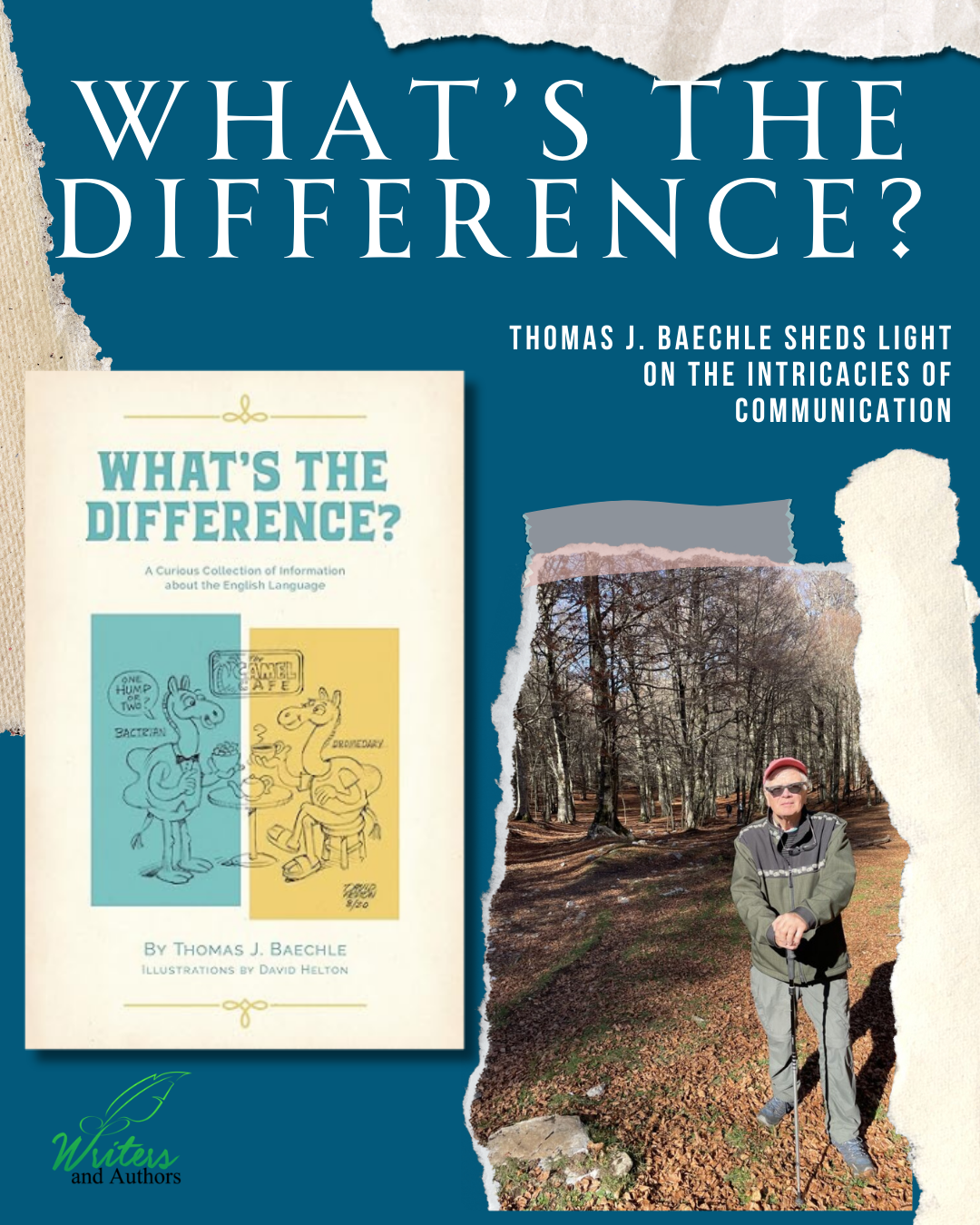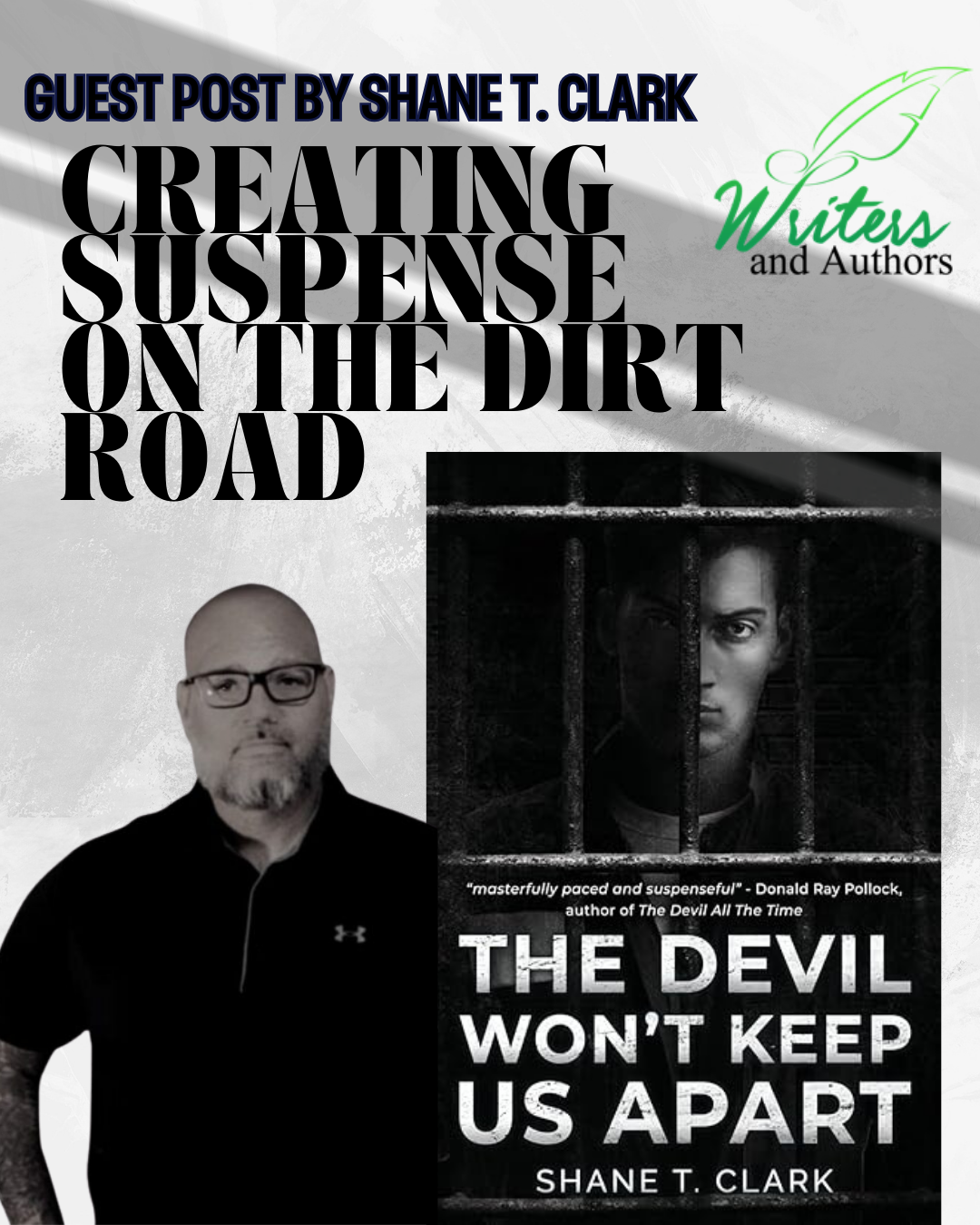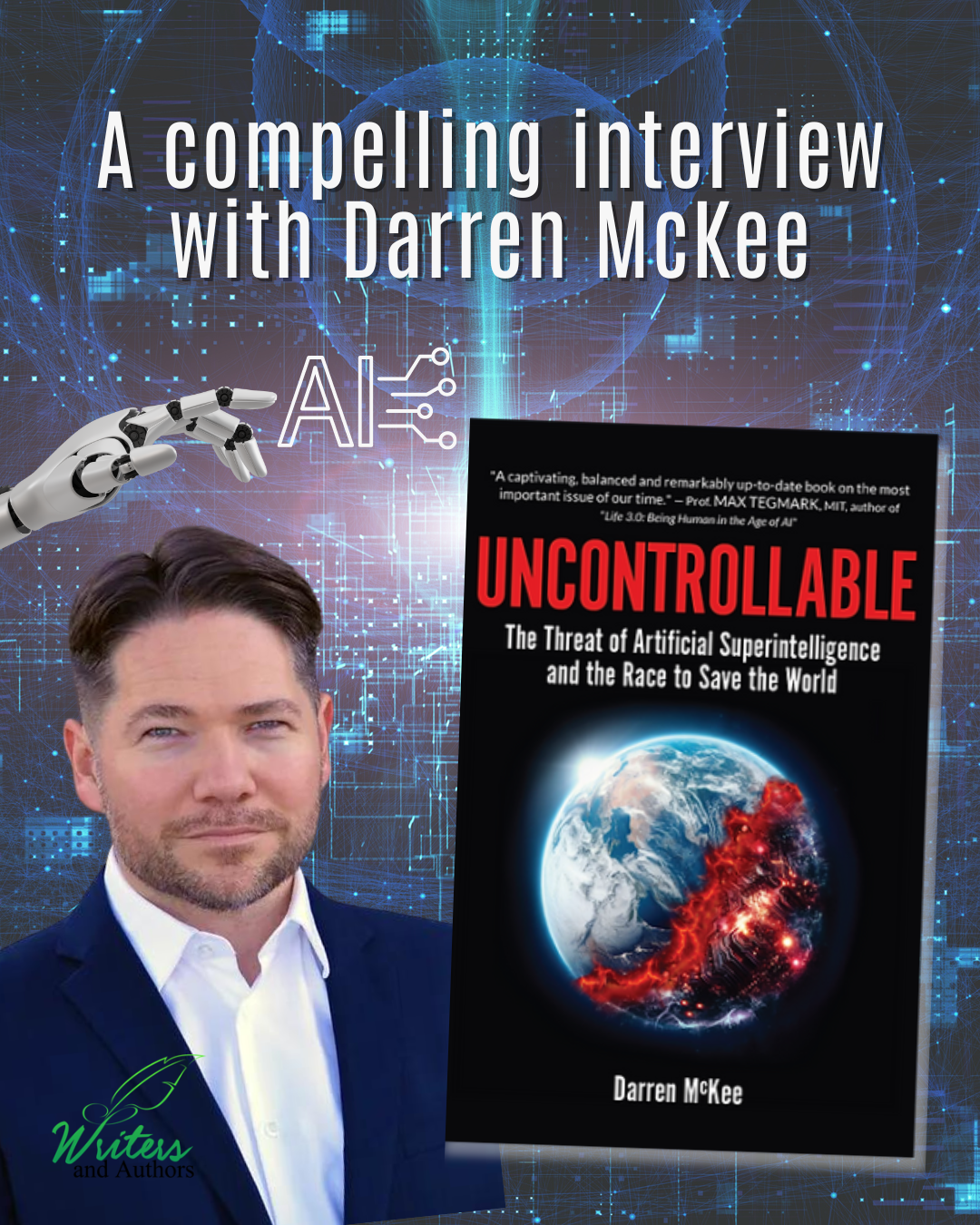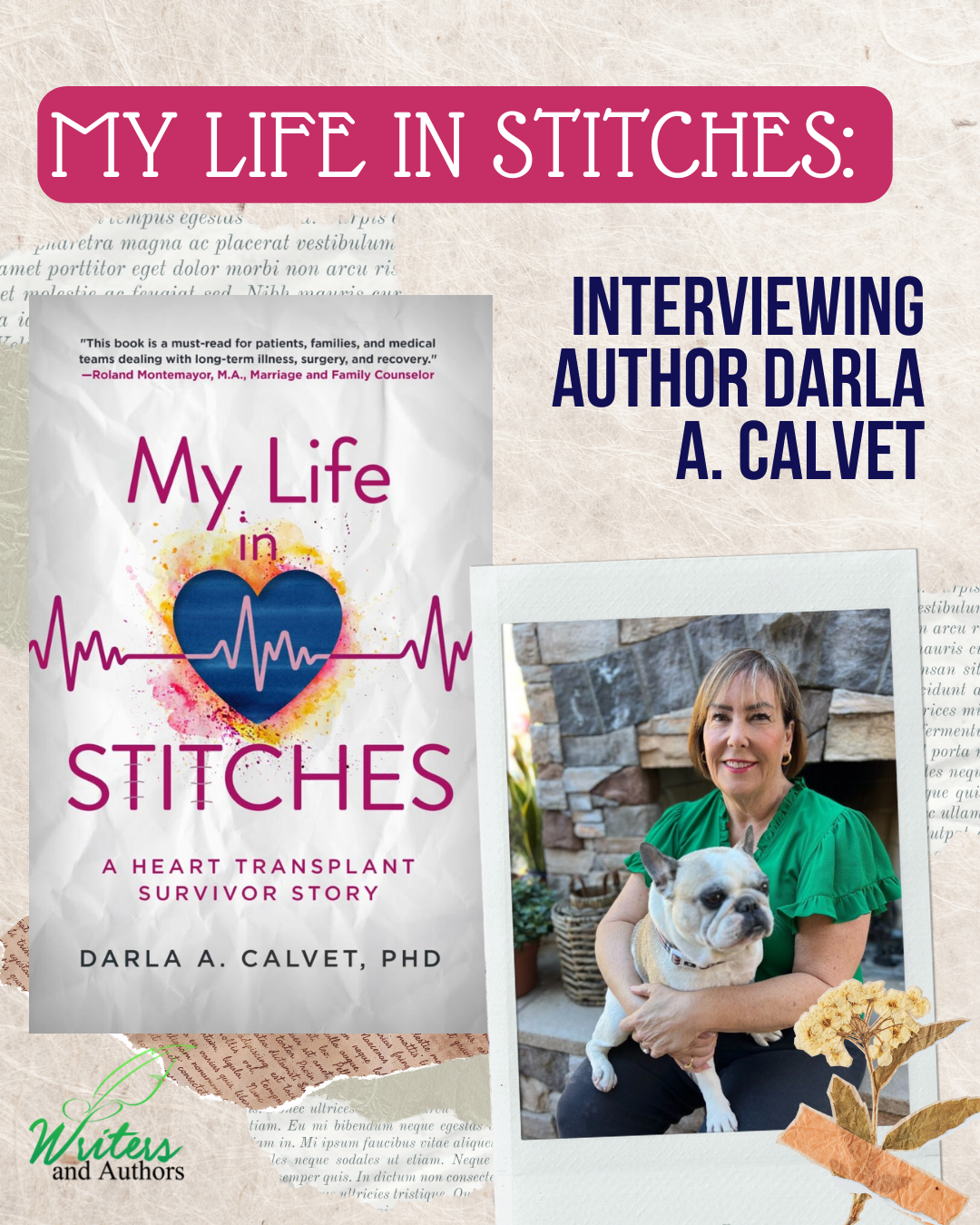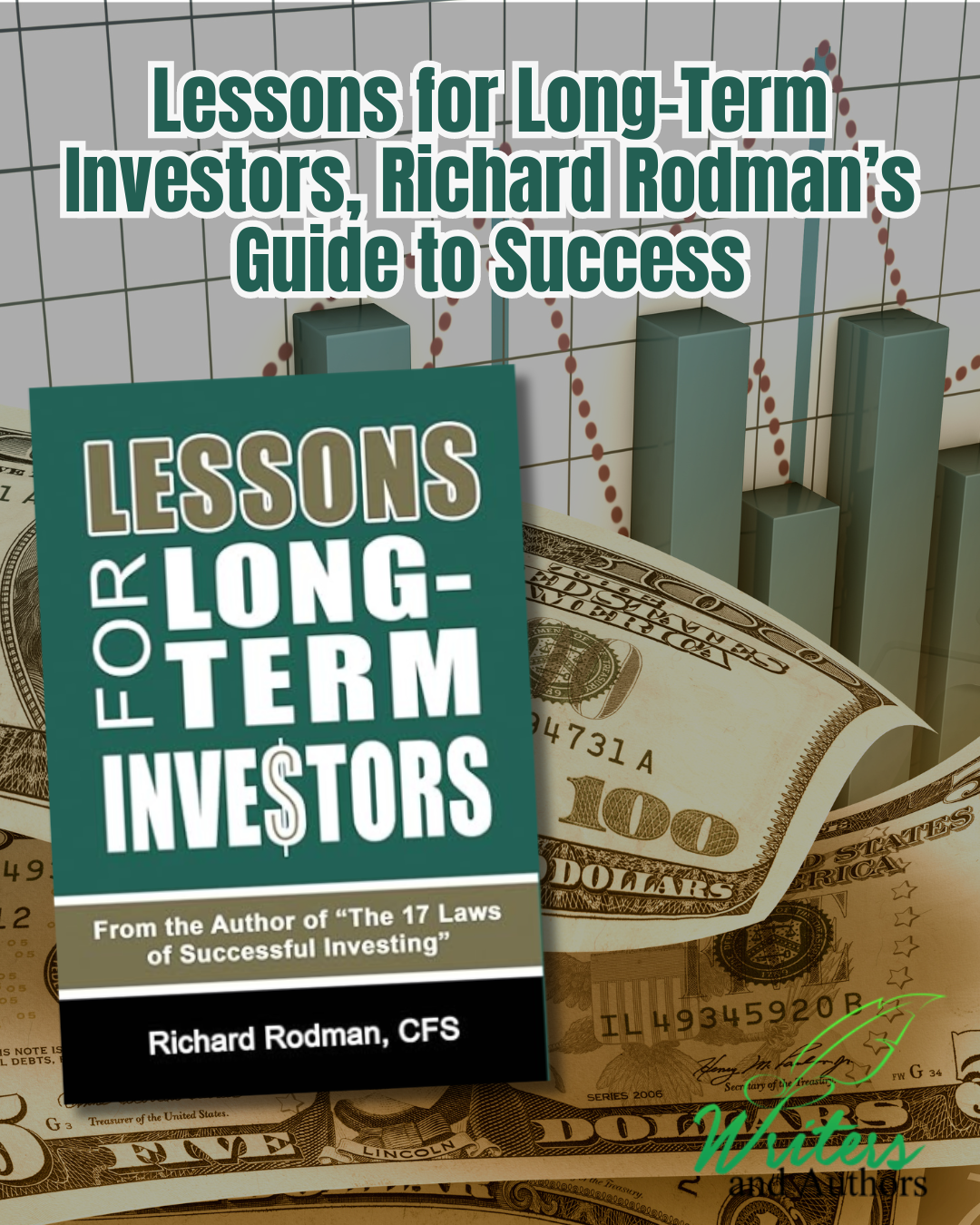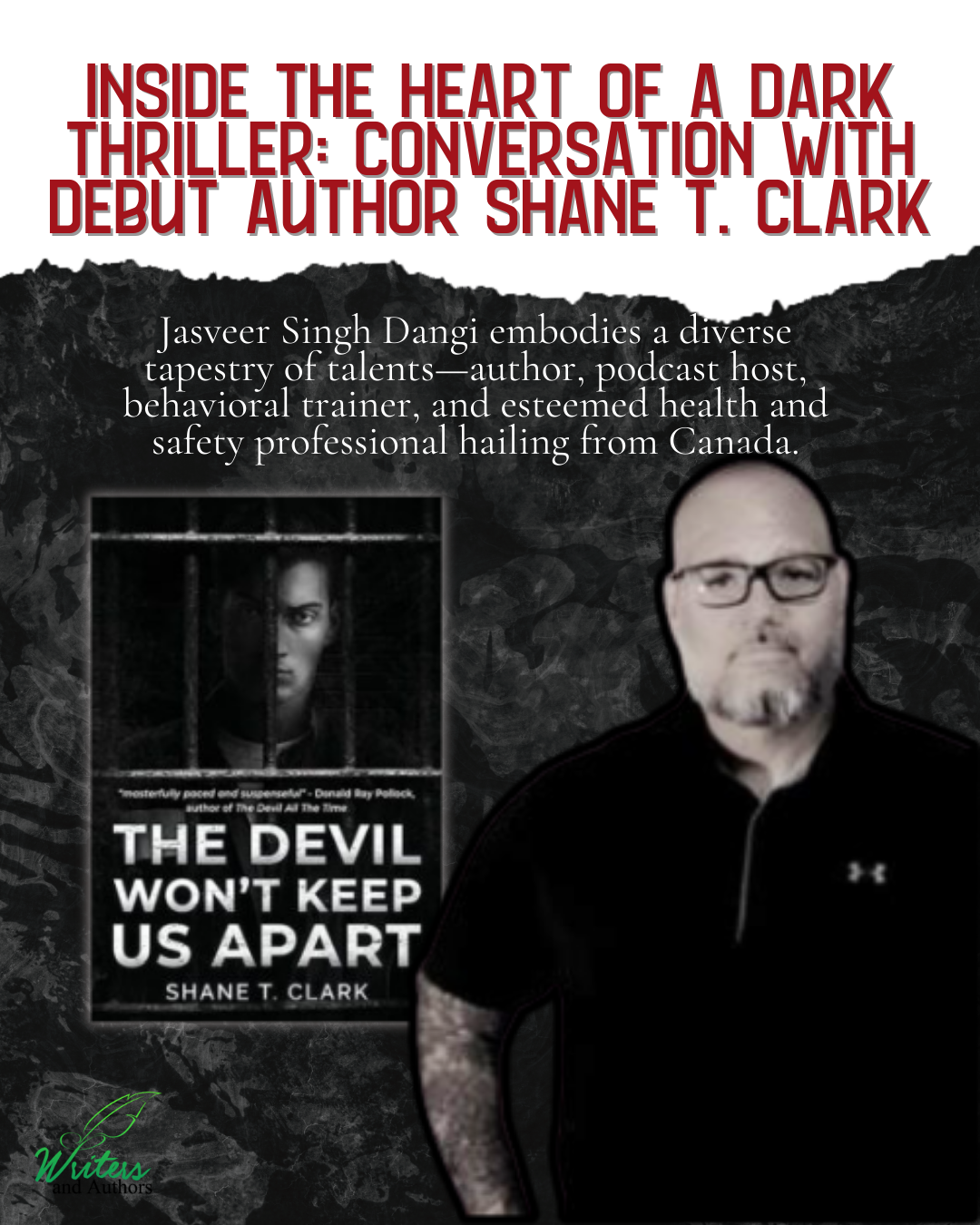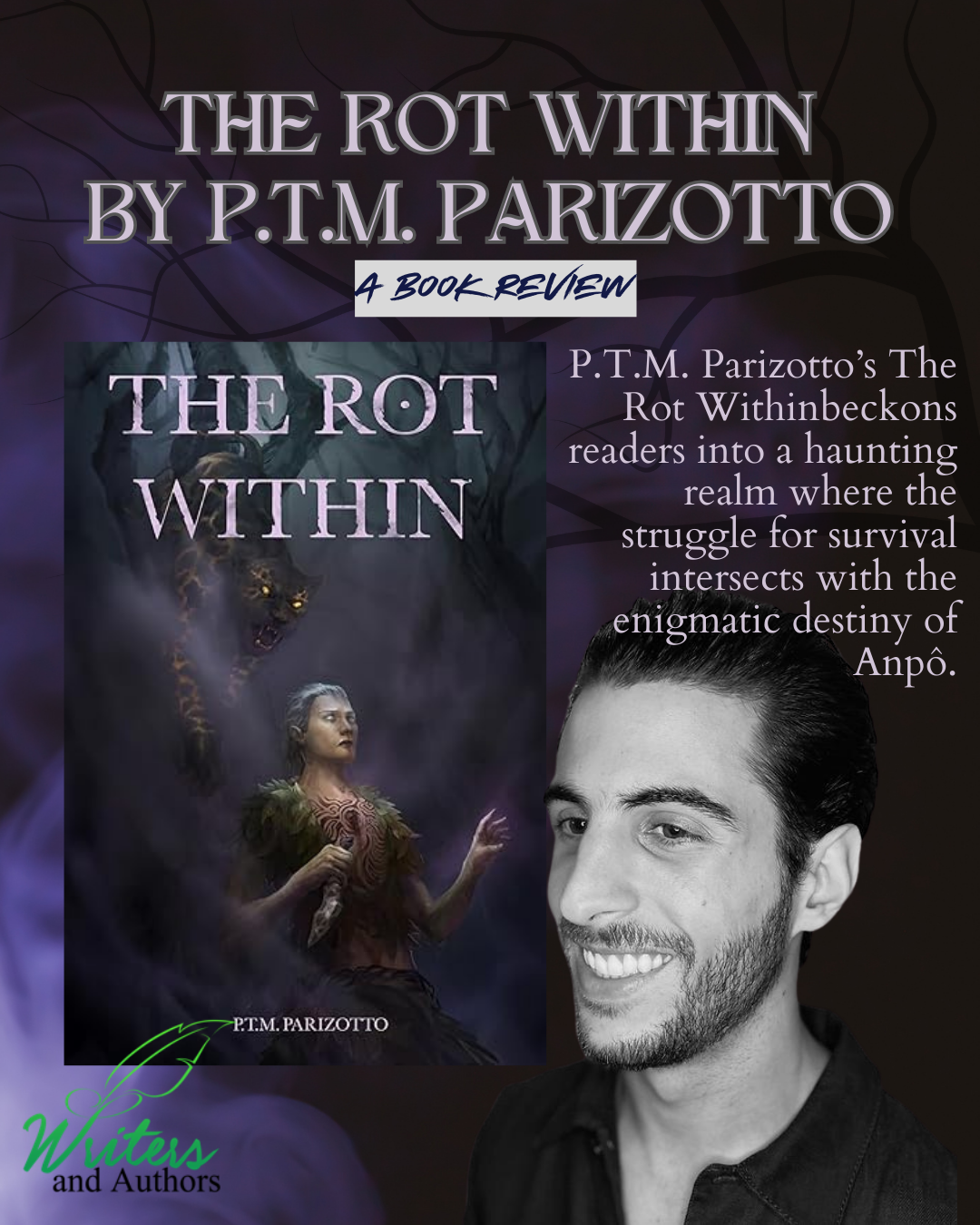I recently had the pleasure of interviewing D.A. Baden, a Professor of Sustainability at the University of Southampton and has published numerous book chapters and articles in the academic realm, and a eco-themed rom-com Habitat Man. She wrote the script for a musical, performed in Southampton and London in 2016, and has written three other screenplays. Denise set up the series of free Green Stories writing competitions in 2018 to inspire writers to integrate green solutions into their writing (www.greenstories.org.uk). Denise has written three stories for this anthology, and co-written two others. The Pitch is adapted from her novel Habitat Man. Follow on https://www.dabaden.com/ and @DABadenauthor. We discuss her writing journey, successes, and future projects in this exclusive interview!
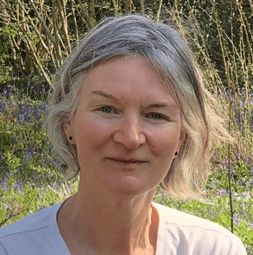 What is the PRIMARY benefit, above all others, that your potential reader will gain from reading this book? Readers who are worried about the climate will be entertained and inspired by the many solutions that are out there, and they can also find out how they can help make them reality.
What is the PRIMARY benefit, above all others, that your potential reader will gain from reading this book? Readers who are worried about the climate will be entertained and inspired by the many solutions that are out there, and they can also find out how they can help make them reality.
If you had to compare this book to any other book out there, which book would it be? Eco-fiction isn’t yet an established category. There is climate fiction which tends to be dystopian, or solar punk which is set in the future with renewable energy. There are very few works of fiction which imagine what a sustainable world might look like and then set characters and plots within such a scene. ‘Ecopunk’ is close in that it’s an anthology of speculative fiction. However, it is set in the future while many of our stories are set in the present or very near future. Another one which is similar yet a novel, is ‘Ministry for the Future’ by Kim Stanley Robinson which imagines there is such a ministry part of the UN and how it might deal with the climate crisis. It shows the ups and downs but is broadly optimistic, as is ‘No More Fairy Tales: Stories to Save Our Planet’. However, this is an anthology and we included a diversity of stories of different styles and genres: family drama, romance, humor, nature, adventure, tragedy, a whodunnit etc. so there would be something for everyone.
Hundreds of thousands of books come out every year. Why should someone buy THIS book? Most books about climate change focus on problems not solutions and can sound preachy or give rise to anxiety. The 24 stories in ‘No More Fairy Tales: Stories to Save Our Planet’ all focus on climate solutions. Excellent writers such as Kim Stanley Robinson, Paolo Bacigalupi and Sara Foster all sent in stories, and I wrote several myself. We ran them by climate experts so each story was entertaining in its own right yet also showed what we can do to create a better future. For example, I wrote ‘The Assassin’ which is about eight people participating in a citizens’ jury to decide upon climate solutions, one of which is an assassin. Working in the area of sustainability, I have a good idea what solutions will really work and it’s way more than recycling and planting trees. Writing felt like creating a blueprint to address the problem and I honestly believe if we applied all the ideas in the book, we’d create a positive, sustainable future we could all look forward to rather than fear. Each story links to a webpage where readers can find out how to make the solutions a reality. The anthology made the ‘Top of the COP27’, newsletter, and I contributed to several sessions at the COP27 climate summit about the role of storytelling in the climate crisis.
 Who is your target audience? The stories are set across the world: the US, Canada, UK, Australia, Egypt, Indonesia and others. The characters also vary from cocky teenagers to oil billionaires to a turtle! Obviously, those with an interest in environmental issues would be drawn to this, but we chose stories that would be engaging, even to those with no specific knowledge of climate issues.
Who is your target audience? The stories are set across the world: the US, Canada, UK, Australia, Egypt, Indonesia and others. The characters also vary from cocky teenagers to oil billionaires to a turtle! Obviously, those with an interest in environmental issues would be drawn to this, but we chose stories that would be engaging, even to those with no specific knowledge of climate issues.
Did your environment or upbringing play a major role in your writing and did you use it to your advantage? Yes, I became a ‘greeny’ after reading ‘Stark’ by Ben Elton. At the same time I was laughing till I cried, and frantically turning the page to see what happened next, I was also becoming aware of issues such as ethical investment, the power of the media, sustainable transport options, resource issues and climate change. Ben Elton’s first three novels: ‘Stark’, ‘This Other Eden’ and ‘Gridlock’ all integrate green issues into exciting plots in a fabulous way (although I on re-reading Gridlock, I found it hadn’t dated as well as the others). This made me realised that writing engaging fiction that also embedded climate solutions was a great way to share my knowledge with a broader audience than just sustainability academics (which is my day job)
Tell us your most rewarding experience since publishing your work? Steve, a chemical engineer and aspiring writer, came to me in March 2022 saying ‘let’s get an anthology of climate stories ready for COP27 climate summit in November’. I said it was impossible, and he said ‘so is the climate crisis, but let’s do it anyway.’ I couldn’t resist the challenge, so we went for it. He was convinced that if we could get policy leaders to read the stories they’d think, ‘yes I could make something like that happen in my country’. He was right! A month after publication, he was at the Asian Ocean summit and was talking about the anthology and some stories in it that present the idea of the Ocean as Nation. The idea is that if we give the ocean nation status, we can protect its resources and charge for its services and use that money to fund carbon projects such as planting seagrass and kelp which cover much more area than tree planting and can make a substantial difference to our efforts to reduce global warming. Several there were inspired by the stories and discussions are now underway how we can go from the story to reality, and get it as a formal agenda item for the next ocean summit.
How would you describe your writing style? There are a variety of writing styles in No More Fairy Tales: Stories to Save Our Planet. Some are lyrical and poetic, some are funny, some dramatic and some informative. I wrote three stories and contributed to two more. My writing style tends to be fairly upbeat, with a hint of humor, but not chatty. I like to get close to my characters so we feel what they feel. I’ve been told that dialogue is a strength and I admit I prefer writing dialogue rather than lengthy descriptions.
Are your characters pure fiction, or did you draw from people you know? Many of my characters are a composite of the most interesting, quirky and wonderful aspects of all the people I’ve ever known – so I love spending time with them myself. I used to worry people would work out which bits are based on who but they never get it right – funny how people don’t see themselves as others see them! As I write though, they grow into themselves and by the time I’ve finished the first draft, I know their entire back story.
Are you more of a character artist or a plot-driven writer? I start out usually with a rough plot, but as the characters develop, plot ideas develop from their personality and goals.
What do you hope to accomplish with your book other than selling it? I want to save our beautiful planet by making people realize that the solutions are all out there – we just need to embrace them. Governments tend to look at where we are now and see how we can make it incrementally better – unfortunately sometimes just for a privileged few. As writers, we can imagine what a truly sustainable society might look like and work backwards from there to see how we might get there and then write it. The first step is the vision! We use fiction as a safe space to explore the more transformative ideas necessary for a truly sustainable society – ideas that are hard for politicians to talk about for fear of misunderstanding as they can’t easily fit into a soundbite.
Stories in our anthology range from technical solutions relating to carbon removal projects to more systemic aspects such as switching from GDP to a well-being index, sharing economy, personal carbon allowances, giving citizen assembles legislative power – all which would allow a more sustainable long-term mindset conducive to directing investment towards sustainable technologies, practices and decisions. There is so much positive energy and desire for change and numerous movements/ campaigns, but still, it’s like revving an engine without being in gear. I think this is partly because campaigns saying we need change are rarely tied to details of how that change will happen. This is unsurprising because such ideas require levels of explanation that can be a barrier to genuine public engagement. Our anthology addresses this as stories provide an engaging way for us to imagine alternatives and how policies can work out in practice – at my last session at COP27 I think I may have coined a term ‘social-science fiction’!
How can our readers get in touch with you?
My email is: hello@dabaden.com
Website: https://www.dabaden.com/
Twitter @ DABadenauthor
I also run the Green Stories Project:
Email: Greenstories@soton.ac.uk
Website: https://www.greenstories.org.uk/
Twitter: @GreenstoriesUK
Facebook/Instagram: @greenstoriessoton
Where can our readers purchase your book?
Apple Books, Scribd, Thalia, Smashword, Vivlio
You can also buy direct from website: No More Fairy Tales – Habitat Press – eBook for £3.99 direct here and paperback for £7.99 direct here.
